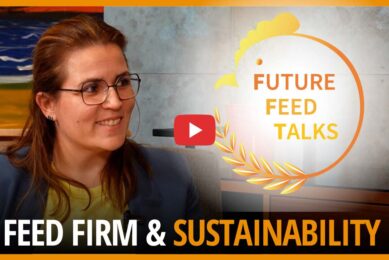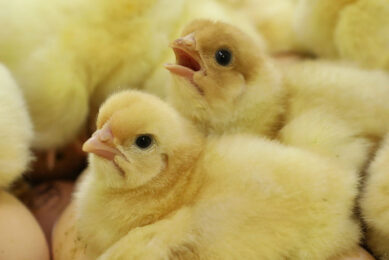Millennials and Generation Z put food sector under pressure

The food industry faces the largest disruptions in 30 years due to demands from Millennial and Generation Z consumers.
While they still appreciate core values of price, taste and convenience, increasingly they are demanding value changes on traceability, authenticity and sustainability, which is having an effect on global food companies.
71% of consumers concerned about artificial ingredients
Presenting the keynote speech at the start of the International Egg Commission’s Global Leadership Conference in Bruges, Peter Freedman, managing director of the Consumer Goods Forum said recent research has revealed 71% of consumers were concerned about health impacts of artificial ingredients.
68% of consumers willing to pay more for no articial ingredients
Mr Freedman said 67% wanted to know everything that was going into their food; 61% said the shorter the ingredient list the healthier the product and 68% said they were willing to pay more for foods without undesirable ingredients.
“This should be music to the ears of the egg industry. 10 years ago, people would have mentioned these things, but not purchased products. Now that has changed,” he said.
Do investors care about traceability?
There was a battle, he added, about whether investors cared about authenticity, traceability and sustainability. This could be seen in the bid by Kraft Heinz, a multinational renowned for cost-cutting and increasing margins, putting in a bid for Unilever, which has established a reputation for being one of the most sustainable companies, for $143bn.
“That bid went away, but tensions still persist,” he told the 420 delegates.
‘One planet, One health’
The food industry is also facing considerable ongoing disruption through the rise of e-commerce and the growth of Amazon and Alibaba.
Both companies were currently looking at physical offline stores too to strengthen their position. Amazon bid for Whole Foods in the US and the Alibaba chairman Jack Ma recently described the new retail as “the integration of online, offline, logistics and data across a single value chain.”
Some global food companies had recognised the need for greater sustainability, he said, quoting Danone’s new ‘One planet, One health’ signature. Danone wants to radically change the industry, believing in a food and water ecosystem that works in harmony with people, communities and the environment.
Also read: Delacon’s CEO, Markus Dedl talked to Poultry World about connecting with Millennials – the consumers of today and the spenders of tomorrow.
Sustainable soya
Julian Madeley, IEC director general, questioned the Consumer Goods Forum’s sustainability policy on soya, which could have a huge impact on producers around the world: “Will suppliers to your members come under increasing pressure in the future?”
Mr Freedman said the Consumer Goods Forum, whose members turnover is €3.5 trillion and employs 10m people, had set up a soya working group as part of its drive to have zero-net deforestation by the end of 2020. This was working alongside other groups, covering palm oil, pulp and beef.
“We are looking at sustainable practices on soya and cascading this up through the industry and are engaged on the ground in Brazil. If we can get a good result in Brazil, we should be able to get good results elsewhere,” he replied.
Join 31,000+ subscribers
Subscribe to our newsletter to stay updated about all the need-to-know content in the poultry sector, three times a week. Beheer
Beheer








 WP Admin
WP Admin  Bewerk bericht
Bewerk bericht